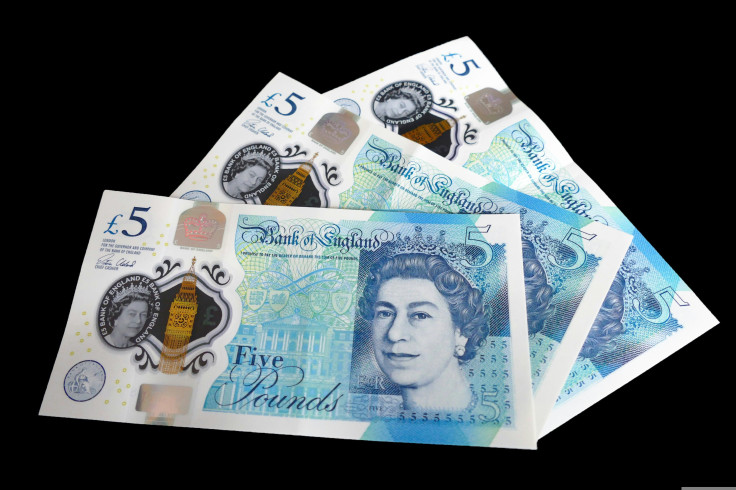Wetherspoons Cash Policy Uproar: The Truth Behind Why Scottish Money Is Suddenly 'Not Welcome' in English Pubs
Bank of England alert prompted Wetherspoons' new cash rule

JD Wetherspoon has sparked a wave of criticism after confirming that Scottish £20 and £50 banknotes are no longer accepted in its English pubs. The change, which began in late 2024 and continues into 2025, follows a warning from the Bank of England about counterfeit notes in circulation.
The pub chain says the move is a response to fraud concerns, but many Scottish visitors have expressed anger and confusion after being told their money was 'not welcome' south of the border.
What the Wetherspoons Cash Policy Involves
The updated Wetherspoons cash policy means Scottish notes are refused in all pubs across England but remain valid in its Scottish venues. The company operates more than 800 pubs across the UK, meaning the change affects thousands of customers.
Wetherspoons said the decision came after a review of payment security procedures prompted by a rise in fake currency incidents. Customers can still pay with Bank of England-issued notes, coins, debit cards, and digital wallets.
According to reports, the chain first introduced the restriction in November 2024 after receiving internal guidance from its risk management team.
The move was not publicised widely, leading to confusion among customers when staff began refusing certain banknotes at tills.
Why Wetherspoons Made the Change
A Wetherspoons spokesperson said the decision followed an alert from the Bank of England about large numbers of fake Scottish notes being used by organised crime groups.
The Bank reportedly issued guidance in October 2024 advising businesses to check notes carefully and reject any that appeared suspicious.
'We were notified by the Bank of England that a large number of counterfeit Scottish £20 notes were being circulated,' the spokesperson explained. 'Advice was given on how to identify them, but we were also told not to accept notes if there was any doubt.'
The company insists the move is not targeted at Scottish customers, stating that the policy is purely about fraud prevention and applies only to English pubs.
Government and Legal Context
The Treasury has confirmed that businesses in the United Kingdom are not legally required to accept specific forms of payment, including cash. Treasury minister Lucy Rigby stated that each business can decide what payment methods to allow, based on cost, security and customer needs.
While Scottish banknotes are legal currency, they are not considered legal tender in England and Wales. This means that English businesses can legally refuse them without breaking any law.
The Financial Services and Markets Act 2023, which protects access to cash, focuses on ensuring withdrawal and deposit services remain available, rather than dictating which notes must be accepted.
Public Reaction and Growing Backlash
The new policy has caused frustration among customers, particularly Scottish travellers visiting English pubs. Several have described being 'humiliated' or 'embarrassed' after their Scottish notes were turned away.
Social media users accused the chain of discrimination, arguing that Scottish currency should be accepted across the UK.
Despite the backlash, Wetherspoons maintains that the policy is necessary to protect staff and the business from fraud losses.
The Decline of Cash in the Hospitality Sector
The controversy highlights a broader shift across the hospitality industry as more businesses move towards digital and contactless payments. Many pubs and restaurants now accept card-only transactions to reduce security risks and improve efficiency.
Wetherspoons says it continues to accept cash in all its venues but acknowledges that digital payments now account for the majority of sales.
Industry analysts note that rising fraud risks and declining cash usage may lead other chains to follow suit, potentially deepening the debate about fair access to cash across the UK.
© Copyright IBTimes 2025. All rights reserved.





















